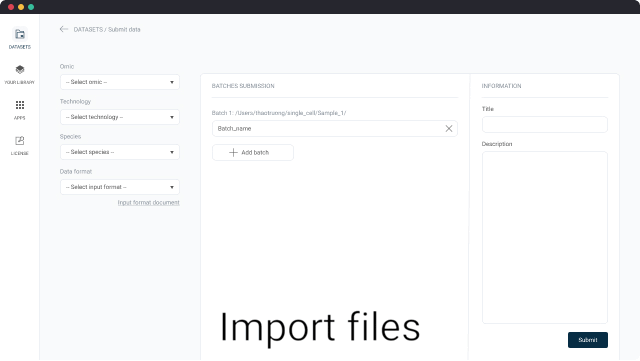Prolonged cytopenia following CD19 CAR T cell therapy is linked with bone marrow infiltration of clonally expanded IFNγ-expressing CD8 T cells
Paolo Strati, Xubin Li, Qing Deng, Mario L. Marques-Piubelli, Jared Henderson, Grace Watson, Laurel Deaton, Taylor Cain, Haopeng Yang, Vida Ravanmehr, Luis E. Fayad, Swaminathan P. Iyer, Loretta J. Nastoupil, Frederick B. Hagemeister, Edwin R. Parra, Neeraj Saini, Koichi Takahashi, Nathan H. Fowler, Jason R. Westin, Raphael E. Steiner, Ranjit Nair, Christopher R. Flowers, Linghua Wang, Sairah Ahmed, Gheath Al-Atrash, Francisco Vega, Sattva S. Neelapu, Michael R. Green
Abstract
Autologous anti-CD19 chimeric antigen receptor T cell (CAR T) therapy is highly effective in relapsed/refractory large B cell lymphoma (rrLBCL) but is associated with toxicities that delay recovery. While the biological mechanisms of cytokine release syndrome and neurotoxicity have been investigated, the pathophysiology is poorly understood for prolonged cytopenia, defined as grade ≥3 cytopenia lasting beyond 30 days after CAR T infusion. We performed single-cell RNA sequencing of bone marrow samples from healthy donors and rrLBCL patients with or without prolonged cytopenia and identified significantly increased frequencies of clonally expanded CX3CR1hi cytotoxic T cells, expressing high interferon (IFN)-γ and cytokine signaling gene sets, associated with prolonged cytopenia. In line with this, we found that hematopoietic stem cells from these patients expressed IFN-γ response signatures. IFN-γ deregulates hematopoietic stem cell self-renewal and differentiation and can be targeted with thrombopoietin agonists or IFN-γ-neutralizing antibodies, highlighting a potential mechanism-based approach for the treatment of CAR T-associated prolonged cytopenia.
Datasets
1. Single cell RNA sequencing of bone marrow mononuclear cells from healthy donors and B-cell lymphoma patients following CD19 CAR T-cell therapy

Analyze this study
Source data
https://cellxgene.cziscience.com/collections/26b5b4f6-828c-4791-b4a3-abb19e3b1952
Alias names
EGAS00001006836, GSE216005, PMID37586321, PMC10439270
Cite this study
Strati, P., Li, X., Deng, Q., Marques-Piubelli, M.L., Henderson, J., Watson, G., Deaton, L., Cain, T., Yang, H., Ravanmehr, V. and Fayad, L.E., 2023. Prolonged cytopenia following CD19 CAR T cell therapy is linked with bone marrow infiltration of clonally expanded IFNγ-expressing CD8 T cells. Cell Reports Medicine, 4(8). https://doi.org/10.1016/j.xcrm.2023.101158
